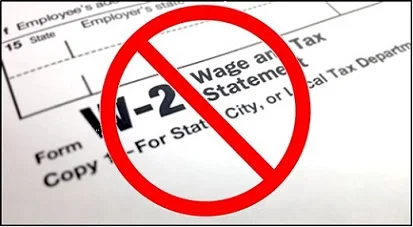Figuring Out Your Billing Rate as an Independent Consultant
/Too many solopreneurs undercharge for their expertise. They don’t know to add a hefty margin to cover things like self-employment tax, business expenses, health insurance, and nonbillable time spent on business administration. Or they haven’t raised their rates consistently over time, or they haven’t switched to a fixed fee. This article explains how to determine your “base rate”, and the external factors that will impact your pricing. …
Read More



















